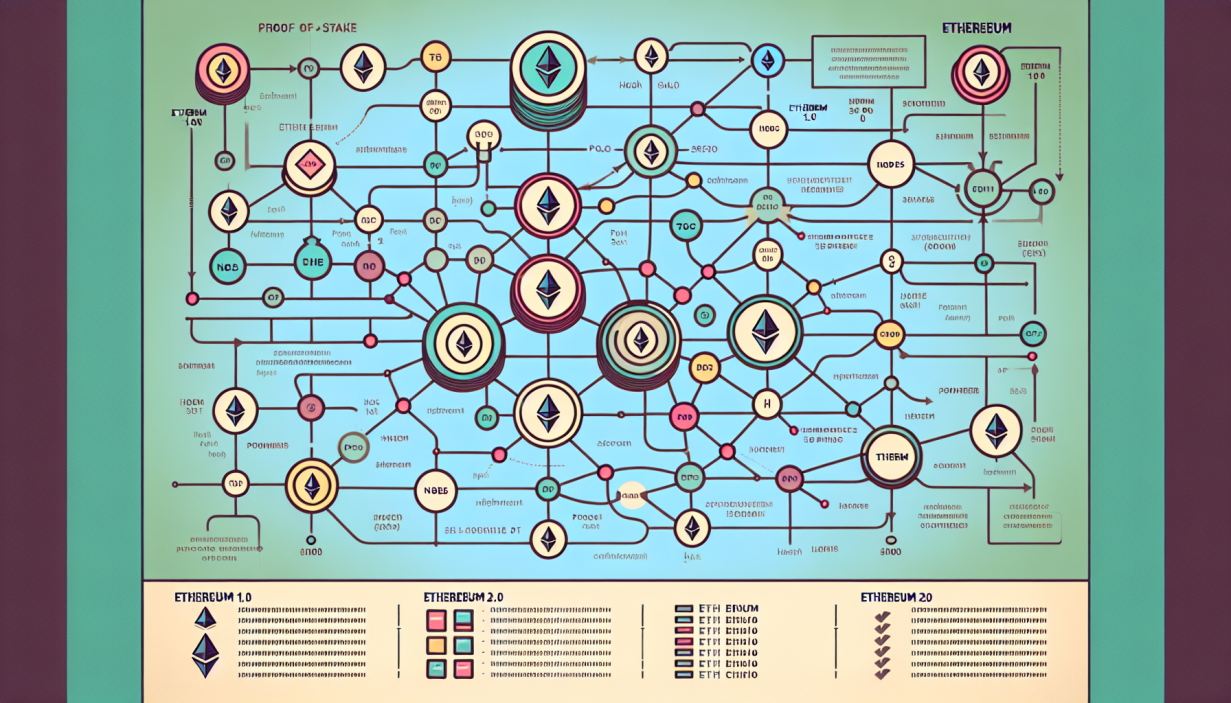Ethereum's Dencun Debate
Exploring the Pros and Cons of Ethereum's Latest Upgrade
March 18, 2024 07:23 AM
Reading time: 1 minute, 58 seconds
TL;DR The Ethereum network's Dencun upgrade has sparked a heated debate within the crypto community. Critics raise concerns about its potential bandwidth impact, while supporters see it as a pivotal step forward. In a recent interview, Jesse Pollak, creator of Base and Head of Protocols at Coinbase, shed light on this development and emphasized its significance.

The crypto world buzzed with anticipation and skepticism as Ethereum rolled out its latest layer-2 upgrade, dubbed the Dencun upgrade, on March 13th. Known technically as Ethereum Improvement Proposal (EIP) 4844 or proto-dank sharding, this upgrade has been heralded as a crucial evolution in Ethereum's roadmap.
However, not everyone is convinced of its transformative potential, with critics questioning its impact on the network's bandwidth and its practical utility amidst a market that sometimes leans towards undue optimism.
In a revealing interview on 'Unchained,' Jesse Pollak, the mind behind Base and the Head of Protocols at Coinbase, delved into the nuances of the Dencun upgrade.
Pollak outlined the technical advancements and the envisioned benefits, aiming to clarify the mixed reactions it has received from the community. According to Pollak, despite the skepticism, the upgrade is more than just a minor tweak; it's a leap towards scaling Ethereum in a manner that could unlock a myriad of use cases previously constrained by limitations.
The debate surrounding the Dencun upgrade is not just a matter of technical jargon; it touches on the broader question of Ethereum's future and its ability to cater to an expanding user base. Supporters of the upgrade argue that it represents a significant stride towards reducing fees and improving transaction throughput, thereby making the network more accessible and efficient.
On the other hand, detractors worry about the immediate practical implications, particularly concerning the network's bandwidth and the actual readiness of the ecosystem to leverage such an upgrade.
Beyond the bandwidth concerns, the Dencun upgrade also invites a broader discussion on the nature of innovation within the blockchain space. It serves as a litmus test for Ethereum's adaptability and its community's willingness to embrace change, even when the outcomes are not entirely predictable.
As Ethereum continues to evolve, the success of such upgrades will be crucial in maintaining its position at the forefront of the blockchain revolution.
Ultimately, the true impact of the Dencun upgrade will unfold over time. For now, it stands as a testament to Ethereum's ongoing quest for improvement and scalability, embodying the spirit of innovation that drives the blockchain industry.
Whether it will live up to the high expectations or falter under scrutiny remains to be seen, but one thing is clear: the conversation it has sparked is invaluable for the future of Ethereum and the crypto space at large.



